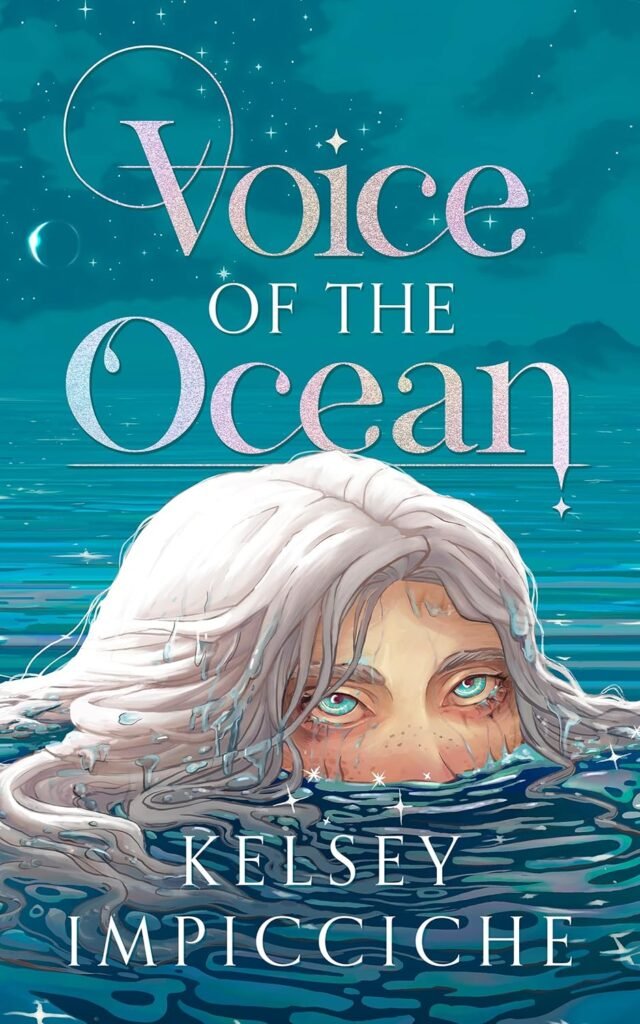A Dive into Voice of the Ocean: A Cautionary Tale
When I first stumbled upon Voice of the Ocean by Kelsey Impicciche, I was drawn in by the promise of a fresh retelling of a classic tale. With a background in social media that boasts over 1.5 million followers, it felt like a wave of anticipation had crashed over the literary community. However, what I found in these pages left me with a mixture of curiosity and disappointment, ultimately compelling me to share my thoughts on this debut.
At its core, Voice of the Ocean attempts to reimagine the beloved Little Mermaid, yet it struggles to transcend its source material. A retelling should breathe new life into its foundation by crafting original characters and settings, and here is where the novel falters. As I read, I often felt I was navigating a rehashed version of a Disney classic, complete with echoes of Pirates of the Caribbean. The strongest tales twist elements of the original into something uniquely their own, but what we have here is, unfortunately, a frame-by-frame replay that leaves little room for the spark of creativity we all crave.
Celeste, the main character, is reminiscent of Hiccup from How to Train Your Dragon—filled with empathy yet lacking in agency. I found myself frustrated as her decisions often veered into the realm of the implausible, teetering on the brink of passivity. The narrative’s choice for her to avoid speaking due to her "siren accent" felt contradictory to what we expect from a species that traditionally entices through song. In exploring Celeste’s character arc, I hoped for growth and development, but found myself disappointed. Yes, by the end, she learns some hard truths about humanity, yet she remains bogged down by excessive introspection, making it hard to cheer for her triumphs.
The novel’s world-building left much to be desired. While the sirens are hinted to dwell in isolation, Celeste’s inexplicable depth of knowledge about humans—that she shouldn’t have been exposed to—created a puzzling disconnect. Details went unexplained, and I often felt as if I was drifting through a fog rather than exploring a vibrant, well-constructed world. In narrative execution, the author’s decision to rely heavily on telling rather than showing slowed the pacing significantly. This made it a chore at times to piece together events and emotional shifts, leaving me yearning for more depth and lyricism in the prose.
Moreover, the book’s presentation also sparked mixed feelings. While the cover design had an appeal, it misleadingly suggested a graphic novel rather than the prose narrative it delivered. On the other hand, the thoughtfully designed interior and sans serif font offered glimpses of potential beauty that the storyline unfortunately didn’t match.
In conclusion, Voice of the Ocean might resonate with readers who have a penchant for light, familiar fare or those who follow influencers transitioning into the literary space. However, for those seeking innovation and depth, this might not be the gem you hoped for. Personally, while I appreciate the effort and potential behind Impicciche’s work, this debut experience has left me less inclined to ride the waves of her future writings. In the sea of literary possibilities, this novel serves as a poignant reminder that sometimes, curiosity can lead us to shallower waters than we anticipated.
As always, I encourage my fellow readers to dive in and form their own opinions—every reading journey is as unique as we are!













